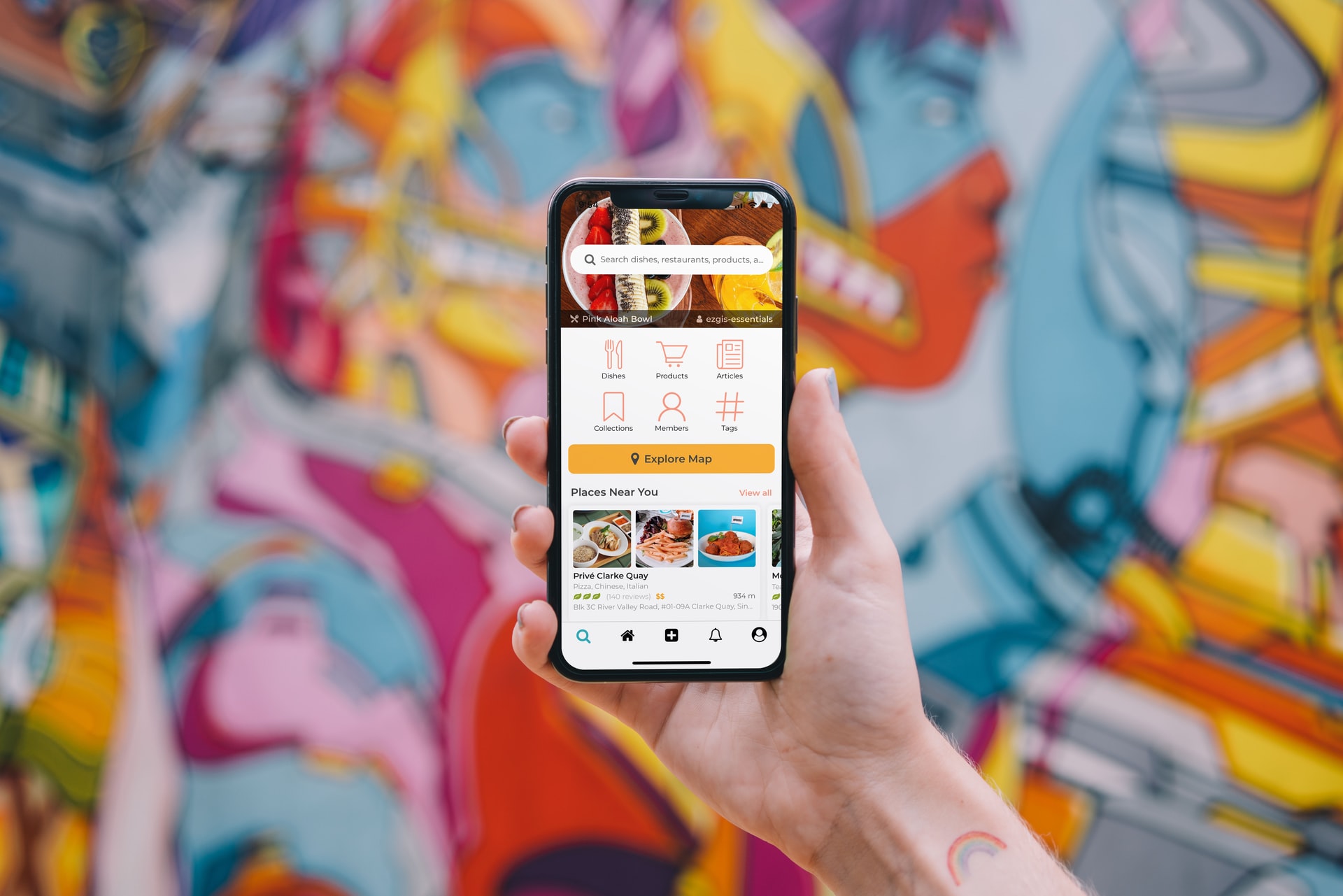The process of creating software for smartphones and digital assistants, most typically for Android and iOS, is known as mobile application development. The program can come preinstalled, be downloaded from a mobile app store, or be accessible via a mobile web browser. The number of people developing mobile apps is steadily increasing. Organizations across industries must meet user expectations for real-time, convenient ways to perform transactions and obtain information, from retail, telecommunications, and e-commerce to insurance, healthcare, and government. The most popular way for consumers and organizations to connect to the internet today is through mobile devices and the mobile applications that unlock their potential.
Organizations must develop the mobile applications that their customers, partners, and workers require in order to remain relevant, responsive, and successful. However, developing a mobile application may appear to be a difficult task. Once you’ve decided on an OS platform or platforms, you’ll need to work around the constraints of mobile devices and get your software past any potential distribution roadblocks. You may simplify your application development experience by following a few fundamental rules and best practices.
A mobile app could be quite advantageous to your company, but there are a few things to consider before committing to its creation.
Your Objectives
What requirements will you meet by creating a mobile app? You must guarantee that you are bringing value to the consumer experience while also showing your company in a new light. Instead of investing in a responsive design or web app, you might want to consider investing in a responsive design or web app if you just want your website converted into an app. However, after you’ve decided that a mobile app will be advantageous to you, your employees, or your customers, you need determine their needs and target them within the app to ensure its success.
The Target Audience
Is your software aimed at a specific demographic? If this is the case, your mobile app’s User Experience and User Interface (UX/UI) must take their wants and preferences into account. Children’s apps, for example, may be more graphics-oriented and colorful, whereas adults may want a cleaner look and feel.
The App Design
The design of a mobile app encompasses not just the aesthetic of the interface but also how users interact with it. App design, which incorporates UX/UI to provide consumers with the best possible experience, is an important element of mobile app development. This is due to the fact that consumers prefer to utilize an app that is simple to use.
Budget
A mobile app can be created on a shoestring budget or for tens of thousands of pounds. It all depends on how complicated the features are and how much functionality is needed. These elements, as well as the aesthetic and interface design, may increase the price.
Mobile Platform
Because apps for iOS and Android are written in distinct languages, the mobile platform is an important consideration in mobile app development. It’s uncommon to create solely for one of the two platforms, which is why we use the Xamarin Microsoft Development Toolkit. This allows us to ‘write once and deploy across both platforms,’ lowering development expenses.
Minimum Viable Product
It’s all too easy to get carried away with your mobile app’s solutions and features. However, the more features it offers, the greater the price. In certain circumstances, it may be beneficial to start with a simple design since, after reviewing your app for usability testing, you may discover that you require additional functionality that you hadn’t considered.
This is why determining the minimum viable product (MVP) feature set is critical. With an MVP, you can construct a working mobile app, test it, and then expand on it if necessary.
Updates
Aside from budget management, another benefit of using an MVP is that you may expand your software as and when you require new features. Adding new features on a regular basis keeps your audience interested in your product. You can also spread out your costs by starting with the MVP and gradually adding more detail.
Conclusion
Creating a mobile app for your company might benefit you in a variety of ways. It’s best to hire a reputable software development business to design a mobile app to assist your consumers or internal users after you’ve decided to do so. This is where we can assist you.
